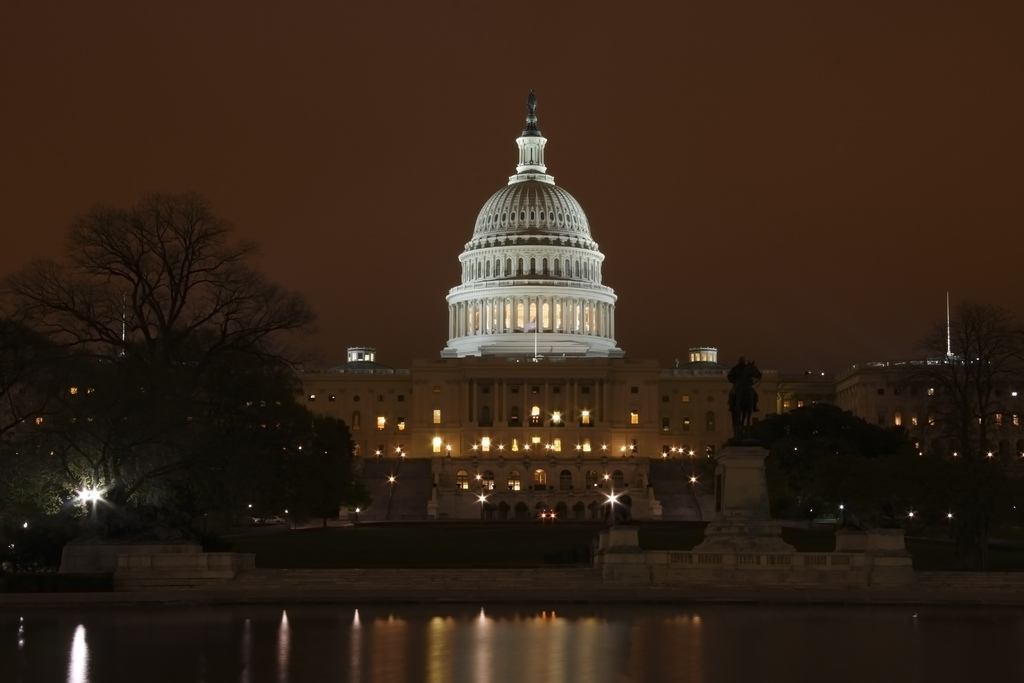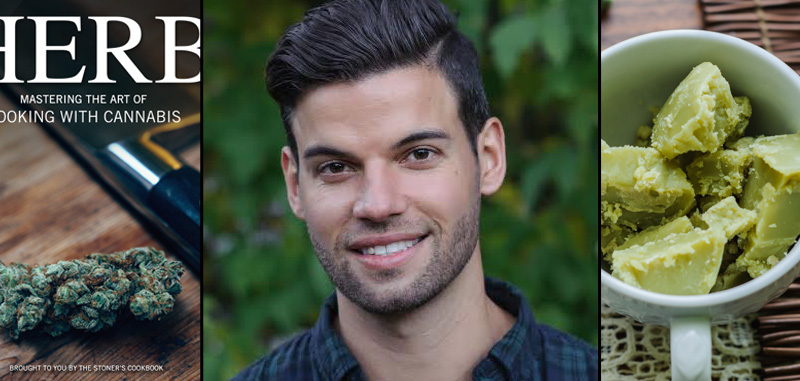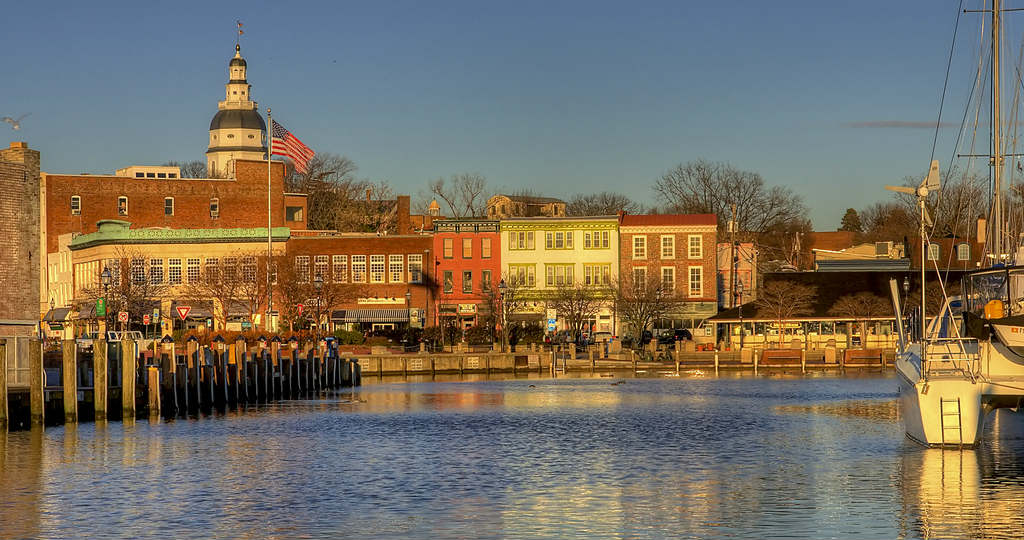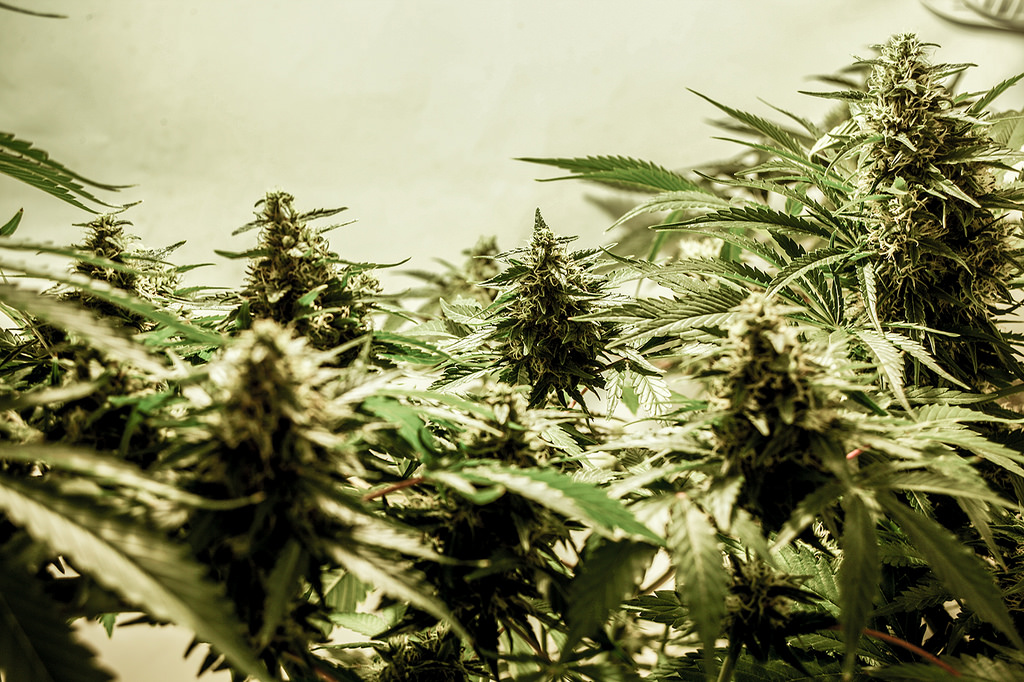Special brownies have been around for a long time, but only recently has the general public become aware of the many other applications of cannabis as an herb used for cooking. The Stoner’s Cookbook is a website dedicated to marijuana culinary enthusiasts for sharing infused recipes.
We recently had the pleasure of interviewing Matt Gray, CEO of The Stoner’s Cookbook, about his experience with the company and what their plans are for the future. Spoiler alert: they just launched a crowdfunding campaign for a new cookbook, which is already at 99% with 27 days to go!
Read the full interview below:
Ganjapreneur: How did The Stoner’s Cookbook get started?
Matt Gray: The Stoner’s Cookbook was started by Dan Crothers and Lucas Young 8 years ago in New Zealand. It was made as a resource for friends to share popular cannabis-infused recipes.
When did you get involved personally? Were you hired to fill the role of CEO or did you start out in another position?
I joined the company over a year ago. I was the co-founder and CEO of a successful education startup in Toronto called Bitmaker Labs. We trained full-stack software developers and got them jobs at top tech companies across North America. After exiting that business I was eager to get into the cannabis industry. I saw it as the opportunity of a lifetime. I met the founders of The Stoner’s Cookbook through a mutual friend and I knew I could help them turn their passion into a high-growth business. It’s been an amazing journey and I’m so fortunate to be a part of this awesome team.
How long did it take for the project to become profitable?
The site has been profitable for 3 months now. We have put a ton of work into it over the past 8 years and we’re excited for what the future has in store.
How many people does The Stoner’s Cookbook employ?
The Stoner’s Cookbook currently employs 3 people.
What are some of the largest obstacles you have faced while growing the business?
Growing traffic while making sure we stay true to our users. We are customer-centric and want to make sure we give people extremely high-quality, trustworthy content. It’s important that people come to our site, find what it is they are looking for and tell their friends. We want to be leader’s in the cannabis industry.
It’s always a challenge finding high quality chefs to contribute recipes. We help millions of medical and recreational users worldwide find recipes to cook with – it is a mission that we don’t take lightly. We want to make sure all the recipes are amazing and are something we would try ourselves. We have a team of 10 chefs that contribute recipes on a regular basis, but we’re always looking for more!
What types of recipes are most popular with your users? Do you think that edibles manufacturers should do market research via The Stoner’s Cookbook?
Our most popular recipes are most of the extraction methods (cannabutter, cannaoil) and then the classic edibles (space cakes, special brownies). That said, more and more people are looking for healthy options so we have tons of vegan recipes and teach people how to use cannabis-infused coconut oil.
Edibles manufacturers could learn a lot from our audience and their preferences. We are always here to help and want to make sure that people are enjoying edibles safely.
I noticed a recipe for Infused Sweet Potatoes when I searched for “Thanksgiving Recipes” on the site, and it looked delicious. Do you have a personal favorite recipe (or a few)?
I personally love making smoothies with cannabis-infused coconut oil. Very similar to this recipe http://www.thestonerscookbook.com/recipe/blueberry-canna-bliss-smoothie.
Would you say that your audience is more on the recreational side or the medical side of the cannabis consumer spectrum?
I would say it’s around 50/50.
How do you see the culinary side of the cannabis industry growing as prohibition is repealed across the country (and globally)?
I see more and more research being done and more people getting into cannabis cuisine – both chefs and users. The more people involved in the space the more ideas and experimentation – I think the future is bright! I foresee cannabis restaurants opening, lots of more amazing edibles being produced and increased attention towards edibles safety and dosing. With more research in the space people will learn the exact effects that cannabis has on them and be able to enjoy them safely and receive the desired effect.
What’s next for The Stoner’s Cookbook?
The moment and market. Prohibition is crumbling. Cannabis is legal in Colorado and Washington State, with legalization working its way through myriad other state houses. Canada is in the process of legalizing cannabis at the national level. Cannabis is increasingly mainstream and (North) Americans—from millennials through baby boomers—have never been more curious about or open to enjoying cannabis. Importantly, cannabis is being elevated from “stoner” culture into the pantheon of refined and urbane inebriants, no different than boutique rye or fine wine. The time is right for a cookbook that emphasizes craft and dignifies cannabis as an ingredient.
The book, Herb: Mastering the Art of Cooking with Cannabis fills the public’s need for a tasteful, mainstream, and informative cookbook that teaches us how to enjoy cannabis as exactly what it is—just another “herb.” By treating it as simply another ingredient, Herb desensationalizes cannabis and removes any remaining stigma. Indeed, Herb stands alone on its merits as a testament to cuisine and technique—one that plays on the increasing tide of natural and organic cookbooks. But Herb is also a cultural marker in the repeal of prohibition, something people will be proud to display on their bookshelves rather than hide away in a drawer.
Who are some of the chefs that contributed to HERB?
Melissa Parks is our main chef. She in Cordon Bleu trained and is an overall amazing person. Here is her bio:
http://www.thestonerscookbook.com/chef/melissa-parks
Natalie Martinez is unbelievable and makes a lot of vegan and gluten-free dishes that I love:
http://www.thestonerscookbook.com/chef/natalie-martinez
Is it too late to get in on the crowdfunding campaign for the book? Where can people go to contribute?
It’s never too late. They can contribute to the campaign and pre-order a copy of this definitive cannabis cookbook, HERB, at www.herbkitchen.com.
What advice can you offer to aspiring ganjapreneurs?
The time is now. Prohibition is crumbling and these are exciting times for aspiring ganjapreneurs. I think it’s important to find a mentor in the space and begin developing your idea into a viable business. If you have any questions or if you need advice I’m always happy to help. I can be reached at matt@thestonerscookbook.com.
Thanks again for sharing, Matt, and best of luck with the crowdfunding campaign. At the rate it’s going, it’s looking like a major success already!
If you have questions or comments for Matt, you can reach him via email, or post your thoughts in the comments below:






















